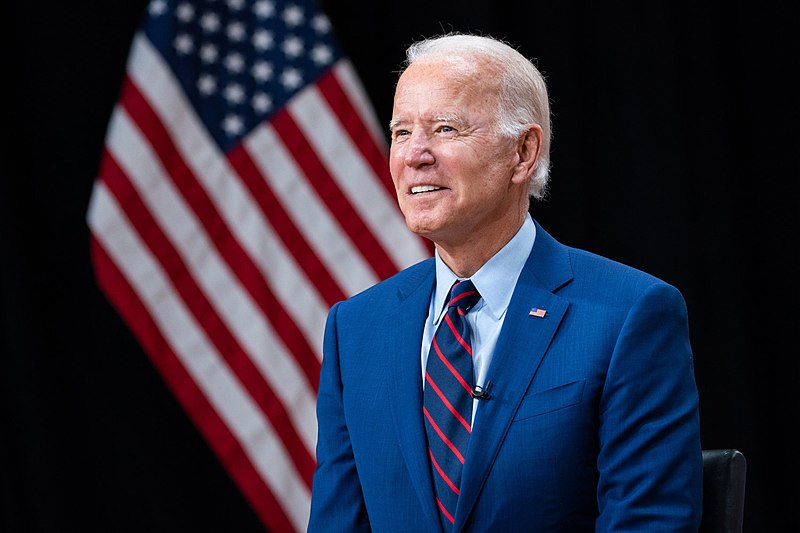In an environment where headlines come thick and fast and disappear just as quickly, it’s nonetheless impossible to miss two words because they often appear hand in hand: cuts and care.
Every time we dare to hope this lethal linguistic duo will vanish, up they pop again. As always, among those most likely to bear the brunt are people who’ve already seen services slashed to the bone, including learning disabled adults and children.
In March, headlines flashed that the UK government was poised to wipe £250 million from proposed investment in the social care workforce at a time of huge staff shortages and dire wages. A further £300 million earmarked for more supported housing was also at risk of being cut.
Even when the government could have targeted funding tactically to where it is desperately needed – for example in the chancellor’s spring budget – opportunities were missed.
In March, Carers UK, which had called for “dedicated work allowance” for unpaid carers, highlighted that, once again, the government had failed to provide additional, targeted support for the country’s 1.1 million economically inactive carers at a time when the cost of living crisis is biting hard on top of years of cuts.
Meanwhile, in Northern Ireland, the panic button was pushed when it emerged that “high impact spending cuts” set to be introduced due to funding gaps in the devolved government’s budget, were a threat to care packages, including for community-based services and education budgets that children with learning disabilities rely on for school places.
In April, the Westminster government agreed a temporary reprieve but the swingeing cuts (proposed to tackle a £297m budget overspend) have, as Dr Ciara Fitzpatrick, lecturer in social security and poverty at the University of Ulster, told me, merely “kicked the problem down the road”.
Austerity versus care economy
Fitzpatrick notes too that, while this latest wave of “concentrated austerity” is slashing support for people using services and carers, it is being framed as “necessary” to plug funding shortfalls.
These are just a few UK stories I’ve been digesting in recent weeks from across the pond. They were all the more jarring because they arrived in the same news cycle in which the Biden administration announced a huge push via executive order – a presidential tool often used to accelerate policy priorities – to support the “care economy”. It proposes to invest $15 billion over 10 years.
This action, which incorporates over 50 directives to leverage federal government resources to increase access to home and community-based support, childcare and other vital services, was welcomed by the American Association of People with Disabilities.
No, it’s not perfect, association president and chief executive Maria Town told me, and, yes, there are still huge obstacles within congress for approving budgets for support, but it is “highly significant”.
The executive order is a reinforcement of a recognition that caring matters. It also shows there is political will, at least from the White House, to do something concrete.
Spending celebrated
Also significant is the language. In notable contrast to the UK, with its steady “cuts are necessary” mantra, the huge investment proposed in the US is couched in language of positivity, backed up by specific action – as well as hard cash.
It’s not only a tonic to see progressive and necessary action being celebrated in the US. It is in stark contrast to the seemingly eternal bleakness of the social and community care policy environment in Britain.
How different things could be with the right priorities – and political will. And how much brighter the future could be for learning-disabled children and adults and their carers if those priorities were championed and implemented.





